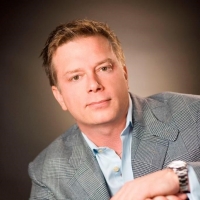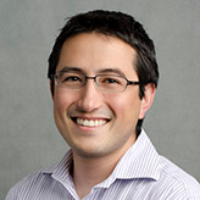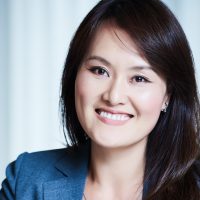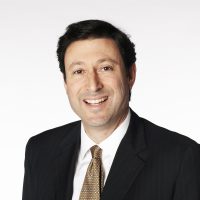April Franco
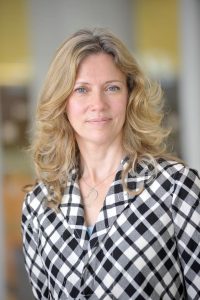
April Franco
Entrepreneurship and academic research are two words that are rarely used in the same context. However, Dr. April Franco’s illustrious career as a research economist seamlessly blends these two worlds together, producing some of the most innovative research in the fields of management science, industrial organization and applied game theory. Furthermore, her journey through the meandering path of academia provides us with insights that are indispensable to anyone staring down a similar path.
Franco’s transition into economics hints at her entrepreneurial mindset. As an undergraduate majoring in Economics and Philosophy, Franco thought that law school was her obvious calling.
Having worked part-time at a jewelry store frequented by several lawyers, Franco got the chance to ask them questions about a career in law. She learnt that the field of law is very adversarial, one picks (or is assigned) a side and is continually battling the other side. This was not something which April wanted in a career. Around the same time, she got an opportunity, through the various avenues that UCLA Economics offers, to conduct research under the supervision of the renowned Dr. Jack Hirshleifer. She read, among other papers, the work by Kahneman and Tversky in the Quarterly Journal of Economics. In her work and readings, she realized that the process of research appealed to her. She enjoyed how research focused on understanding and discussing existing ideas, then using the existing ideas to push the frontier of human knowledge. She discovered that although there is competition in research, the competition is a race to truth and not a battle against your colleagues. After a summer as a RA at UC Berkeley, she was certain that a career in research was the right choice for her.
Franco’s research career is too extensive to summarize in one article. However, one thing her work has in common is that it focuses on questions which she believes are important to ask and intellectually intriguing. When asked to choose her opus magnus, she wryly replied that it is like being asked to choose amongst one’s children. Nonetheless, she obliged our request. She talked about her job market paper which was among the first papers to explore the origins of entrepreneurs. Hitherto, most economic papers argued that if there is an opportunity for strictly positive profits, new firms would enter the industry. However, the literature did not explore where these entrepreneurs came from. “It was as if they came from ether”, jokes Franco. Her paper, which she wrote in collaboration with Dr. Darren Filson, argued that one of the major source of new firms was employee spin-outs. That is employees quitting their jobs to start independent firms that operate in the same industry as their former employers. In the age of the PayPal mafia this may seem rather clear, but her paper, backed with evidence from the hard drive industry, was groundbreaking and pioneered the literature in this field.
Throughout her research career, she has further explored the question of employee spin-outs. She has also explored several other questions such as the impact of overconfidence in management and questions relating to intra-firm organization. One of the hardest tasks in research is coming up with meaningful and impactful research questions. Franco believes that her undergraduate education in economics has helped her in developing research questions, remarking that North American universities, such as UCLA, are exceptionally good at developing the skills necessary to conjure research questions. As she recalls, during graduate school several of her classmates had gone to universities that focused on fostering technical skills. During her first year, when the classes were very technical, Franco felt as if she was playing catch up. However, once she learned the technical skills, it was her ability to use the technical skills in asking and answering impactful questions that pushed her career forward.
Franco remarks that undergraduates considering a career in academia should consider both the intellectual freedom that academia affords and the fact that it requires one to be entrepreneurial and self-motivated. If one decides to pursue a career in research, Franco’s advice is to focus on the fundamentals. She recommends taking challenging mathematics classes, learning how to use computers for analysis (like R and Python), and developing the ability to write effectively. These skills coupled with the insatiable desire to work on questions will no doubt bolster a career in research.
By Harsh Gupta.

